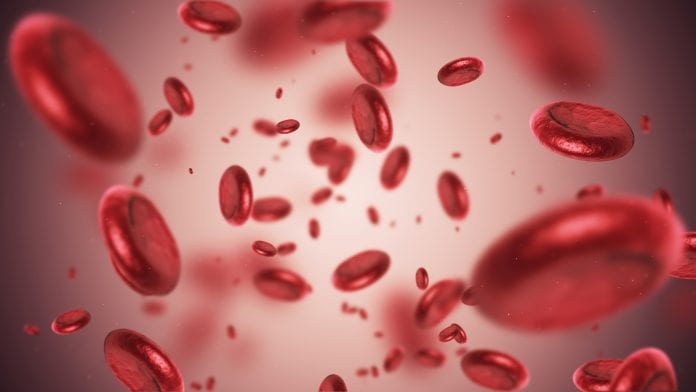Source – https://www.healtheuropa.eu/
AIDA Diagnostics presents an AI-powered smart assistant to enable crucial decision-making in blood transfusions.
Two young doctors set out with one dream: to help themselves and others to perform blood transfusions efficiently and safely. They began with a clinical decision support system and are now trying to digitalise the ‘from vein to vein’ concept, helping doctors, hospitals, and blood donation centres to develop a data-driven process for blood usage.
The AIDA Diagnostics project started in 2019, when co-founders Dr Mateusz Pawełczuk and Dr Michał Janiszewski observed problems with blood transfusion in their practice. Clinical guidance for transfusions, which included advice such as ‘If you want to raise the level of haemoglobin by one, use one full unit of blood’ and ‘If you want to use one unit of blood use two of them’, sounded more like proverb-based medicine than evidence-based practice. With some experience and general knowledge of Artificial Intelligence (AI) on their side, Pawełczuk and Janiszewski realised it was entirely feasible to create an AI-powered smart assistant capable of assisting in blood transfusions. This is how AIDA Diagnostics was born.
Clinical decision support system
After a long phase of data gathering, the AIDA Diagnostics team finally created a system which can assist with making the best possible decisions regarding blood transfusions. There were a few challenges along the way – the system does not provide full explanations for its decisions, meaning some of our experts did not wholly trust its findings – but with their help, we managed to create a hybrid system which benefits from neural networks within an expert system that controls the results of AI analysis. We can determine exactly how much blood should be used for each individual patient – of course we are currently limited by the volume of blood bags, but we expect this to be a temporary limitation. In addition to this information, we can tell our users what could be done with patients if they do not want to receive a blood transfusion: proposed alternatives could include further observation, fluid transfusion or potentially the administration of vasopressin analogues.
Because we care deeply about the welfare of patients, we want to continue to develop our medical device; and in order to do this we need to conduct further clinical trials of our innovative solution. The trials we had scheduled for 2020 were unfortunately postponed by the onset of the COVID-19 pandemic, but we tentatively expect trials to resume in the Autumn of 2021. If you are interested in participating in one of our trials, please get in touch by email.
Hospitals
Diving deep into the challenges facing blood management has given us a unique understanding of the ways in which the adoption and integration of technological solutions could help to address these challenges. The AIDA Blood: Hospitals system uses genetic algorithms to enable it to reach a high level of accuracy in its predictions. The system begins by considering the potential viability of several models; and determining the most appropriate next steps given the patient’s specific circumstances. By combining datasets on multiple treatment protocols, much like some cells combine DNA, the second generation is born. We repeat this process until we have the best model suited to each individual hospital.
AIDA’s data modelling constantly gathers new data from the hospital where it is installed, reaching its full potential after the first month of usage. Not only is the algorithm informed by historical data, but by integrating the hospital’s electronic health records (EHRs) it is able to adjust its projections in real time. As a result of this, the teams responsible for blood storage and management can make data-driven decisions with all necessary information already in one place. Our system is designed to give users as much control as possible, so each user can adjust parameters, such as the metrics for alerting them to the risk of insufficient quantities of blood, to their own needs.
Blood donation centres
Hospitals need to get their blood from blood donation facilities. These institutions are crucial elements of the whole blood industry, so we could not call AIDA Diagnostics a blood-focused startup if we did not take them into account. Our AIDA Blood: Blood Bank system works in a similar fashion to the Hospital system in terms of developing and presenting predictions. The only difference is in the types of real-time data we are using. One interesting factor on this front is that we can provide blood banks with recommendations on the best ways to communicate with their donors. With the help of our system, blood donation centres can move from the reactive method of inviting donors when stock levels are low towards the proactive approach, wherein stock levels remain at a broadly consistent level. In addition, the algorithms used by AIDA Blood: Blood Bank can help track and communicate with donors with rare blood types.
With the help of our algorithms, you can make your blood management smarter. You can accomplish this by installing our standalone software, or it can also be integrated into an existing solution.
